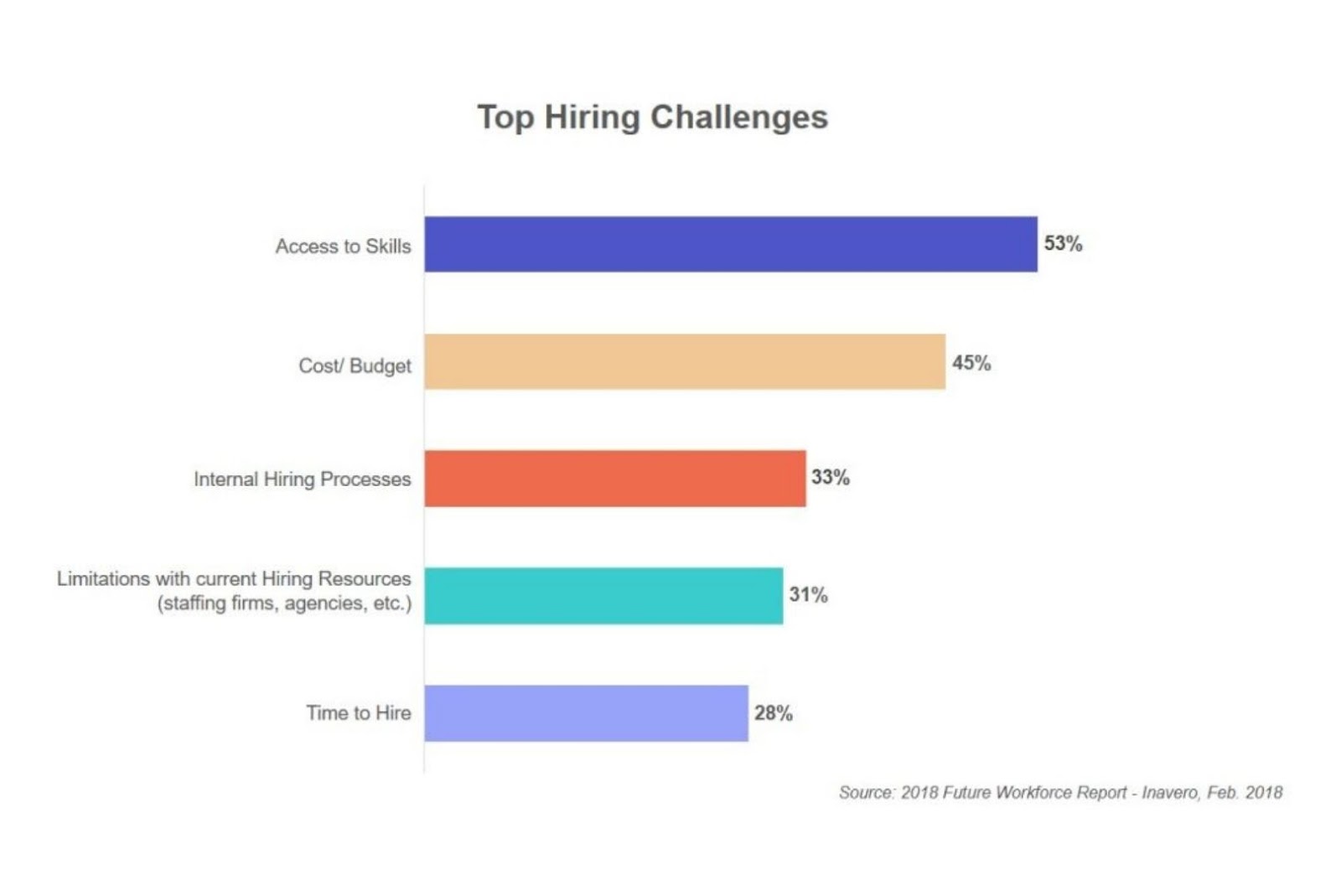
A skills management consultant's role is to see your business from a new perspective. They must be able and willing to observe your business in order to find any areas that need attention. Consultants often work closely with businesses and can offer fresh perspectives. This can benefit your business as well your employees. Consultancies can help you make the right changes in your business to increase your success. This type advice can help you make better decisions, and your employees be more productive.
Communication skills
Communications consultants' job is to evaluate an organization's communication needs, and then develop an effective communication plan. This requires a broad range of skills including writing and public speaking as well as project management. These skills can help you identify and resolve problems in communication efforts of a business, and then to propose strategies to improve them.
The course will cover all aspects related to effective communication. The course also examines the role and responsibilities of consultants as well as the difficulties they face. It provides students with insight into the areas they are lacking in communication skills by examining the different elements.
Empathy
Empathy can be a valuable leadership skill. It is important in good times and particularly useful in difficult times. It is not the same for everyone. Leaders must be able understand their team's perspective and what it is like to experience life.

The classic empathy diagram is composed of four quadrants. Each represents a dimension of the experience. They are arranged clockwise starting at the top left. The outer experience is represented in the left and inner experiences in the right. In a business setting, this is vital.
Flexibility
There are many reasons flexibility programs are important. They can boost employee satisfaction, reduce turnover, and improve employee health. Additionally, they can provide significant financial benefits to the bottom line. Here are some examples of how flexible workplace programmes can boost your bottom-line. These programs can help you retain and attract top talent.
Flexibility is the ability to adapt your approach to change. For instance, if you are a change management consultant, your approach should be adaptable to the kind of change you are working with. This will improve the effectiveness of your guidance.
Management of Change
A Skills management consultant for management is a person who holds a degree either in business studies, or another related discipline. In addition to having a degree, a change management consultant must have strong communication and interpersonal skills. The person must have the ability to manage multiple stakeholders and project. An experienced consultant can help you design a successful strategy for your next change management project.
A Change Management Consultant's primary function is to help organizations make changes. They work with organizations to help employees understand why changes are necessary and how they will benefit them. Good consultants will be able to facilitate effectively, with active listening, empathy and patience.

Organisational skills
A Organizational Skills Management Consultant helps individuals and teams improve their leadership skills. This process can involve providing feedback and improvement in communication. Consultants can also help develop and implement programs that will prepare employees to take on leadership roles. A company can also hire an organizational design consultant to help it create a structure which supports its goals and objectives. They will develop job descriptions and determine the resources required to achieve these goals.
Organizational consultants are independent advisors who help companies implement changes and use human resources more efficiently. They analyze organizational structures, assess how well business processes are operating, and interview managers to identify developmental needs. They can also recommend educational programs and consultants to help managers improve their skills.
FAQ
Are you a qualified consultant?
It is best to study a subject well and then practice what you have learned.
You can learn all you need to know to become a great consulting professional by starting to study now.
Employers may be reluctant to hire people with a degree, but not the relevant experience. You could still apply if you are able to show that you have the same subject knowledge as the people who were hired.
Employers will always be attracted to candidates who are able to apply their real-world skills.
How long does a consultant take?
The length of time required varies depending on your background and industry. Most people start out with a few months before they find work.
However, many consultants spend years honing their skills prior to finding work.
What is the difference of a consultant versus an advisor?
An advisor gives information on a topic. A consultant is able to provide solutions.
A consultant works directly alongside clients to help them realize their goals. An advisor advises clients indirectly through books, magazines, lectures, seminars, etc.
Is it possible to run a consultancy business from home?
Absolutely! Indeed, many consultants already do this.
Working remotely is a common way for freelancers to work. They use tools like Skype, Trello (Slack), Trello, Basecamp and Dropbox. They often create their own office space so they don't miss out on company perks.
Some freelancers prefer to work at libraries and cafes instead of traditional offices.
And others choose to work from home because they enjoy being surrounded by their children.
While working remotely has its advantages, it also comes with some disadvantages. However, if you love what you do, it is worth considering.
Why should consultants be hired?
There are many factors that could lead to you hiring consultants.
-
Perhaps your company has a specific problem or project you need to address
-
You want to improve your own skills or learn something new
-
You'd like to work in conjunction with an expert in a specific field
-
No one else is available to take on the task.
-
You feel overwhelmed with all the information you see and don’t know where it is.
-
You can't afford to pay someone full-time
Referrals are the best way for you to find a qualified consultant. Ask your friends and colleagues if they know of any trustworthy consultants. If you are already acquainted with someone who works as an advisor, ask them for recommendations.
If you decide to use online directories like LinkedIn, use the "Search People" feature to look for consultants in your area.
Which industries employ consultants
There are many types of consultants. Some are specialists in one type or another of business.
Some consultants work exclusively for private businesses, while others represent large corporations.
And some consultants work internationally, helping companies all over the world.
Statistics
- According to IBISWorld, revenues in the consulting industry will exceed $261 billion in 2020. (nerdwallet.com)
- Over 50% of consultants get their first consulting client through a referral from their network. (consultingsuccess.com)
- Over 62% of consultants were dissatisfied with their former jobs before starting their consulting business. (consultingsuccess.com)
- My 10 years of experience and 6-step program have helped over 20 clients boost their sales by an average of 33% in 6 months. (consultingsuccess.com)
- According to statistics from the ONS, the UK has around 300,000 consultants, of which around 63,000 professionals work as management consultants. (consultancy.uk)
External Links
How To
How to find the best consultant
First, ask yourself what kind of consultant you are looking for. Before you start looking for someone to work with, it's important that you know your expectations. A list of what you expect from a consultant is helpful. This could include things like; professional expertise, technical skills, project management ability, communication skills, availability, etc. Once you've listed out these requirements, then you may want to consider asking some friends or colleagues who they would recommend. Ask your friends or colleagues about any negative experiences they have had with consultants, and compare their recommendations with yours. Do some internet research if they don't have recommendations. Many websites allow people to post reviews about their work experience, including Angie's List and Indeed. Look at the ratings and comments left by others and use this data as a starting point for finding potential candidates. Once you have narrowed down your list, reach out to potential candidates and set up an interview. You should discuss your requirements with the candidates and ask them how they can help. It doesn't really matter if they were recommended; as long as they understand your business objectives, they will be able to show how they could help you achieve them.